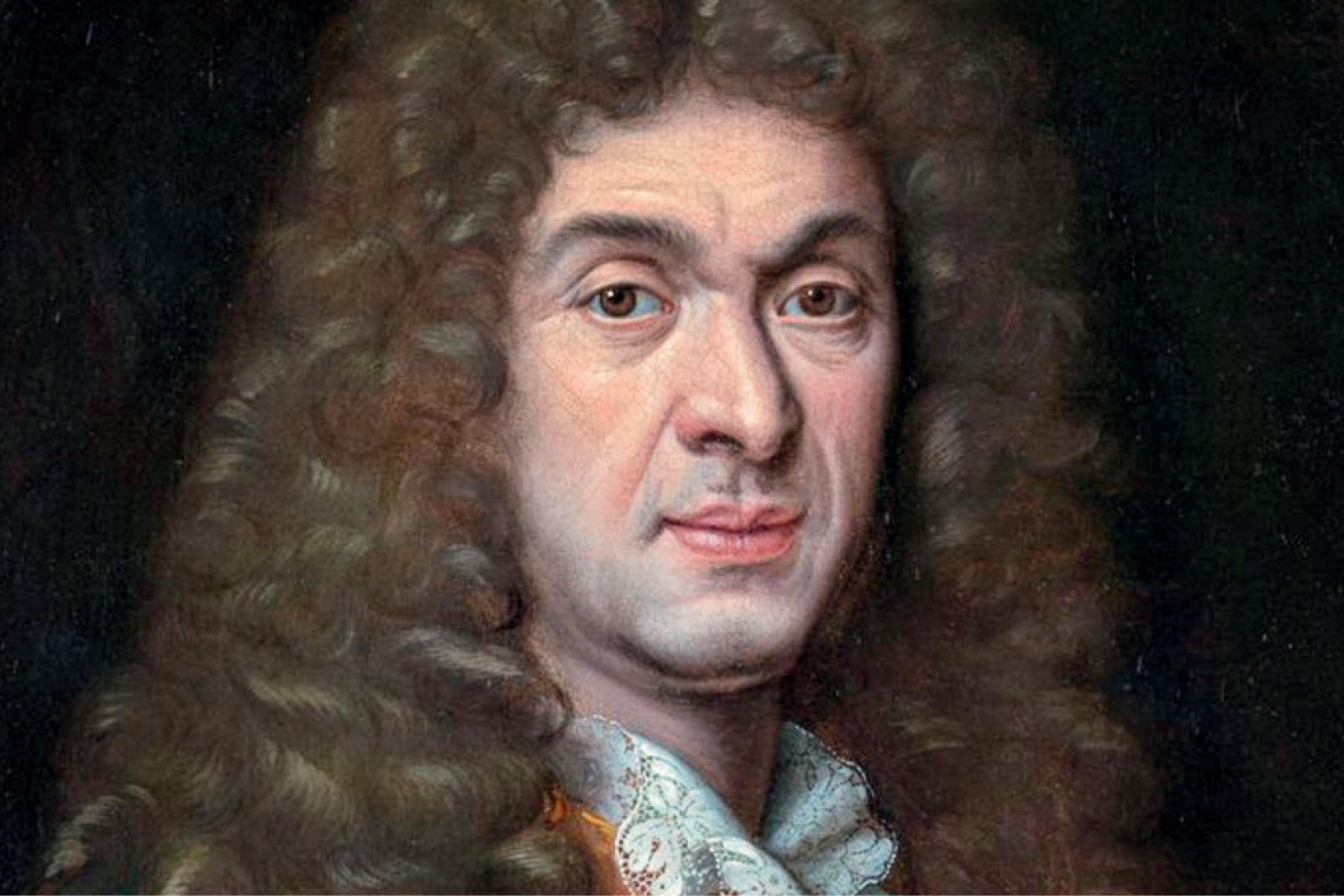In the grand tapestry of musical history, few figures stand as tall and influential as Jean-Baptiste Lully. Born in Florence, Italy, in 1632, Lully would go on to become one of the most celebrated composers and conductors of the Baroque era. Renowned for his collaborations with Molière and his close ties to the court of Louis XIV, Lully’s genius forever shaped the musical landscape of 17th-century France. Join us as we delve into the captivating biography of this musical maestro who reigned supreme in the halls of Versailles.
Early Life and Musical Journey:
Jean-Baptiste Lully’s journey to musical greatness began at a young age. At the tender age of twelve, he was brought to France as an apprentice to the Chevalier de Guise, where he received an exceptional education in music. Gifted with immense talent and an insatiable passion for the art form, Lully mastered the violin, guitar, and keyboard instruments with remarkable ease.
Rise to Stardom:
Lully’s rise to stardom came when he caught the attention of the young Louis XIV, who was an avid patron of the arts. Recognizing Lully’s genius, the Sun King appointed him as the composer and conductor of the royal court. This marked the beginning of a fruitful partnership that would last for several decades, with Lully composing numerous ballets, operas, and instrumental works to entertain and enchant the French court.
Collaboration with Molière:
One of the most notable aspects of Lully’s career was his collaboration with the renowned playwright Molière. Together, they created a series of successful comedic ballets, blending Lully’s music with Molière’s witty dialogue. This collaboration produced timeless masterpieces like “Le Bourgeois gentilhomme” and “Les Amants magnifiques,” captivating audiences with their humor, charm, and exquisite music.
Innovation and Legacy:
Lully’s impact on music extended far beyond the stages of Versailles. He was a pioneer in the development of French opera, introducing innovative elements such as the use of ballet, intricate staging, and grand choruses. Lully’s compositions showcased his mastery of orchestration and his ability to evoke a range of emotions through music, leaving an indelible mark on the world of Baroque music.
Tragic End:
Despite his immense success, Lully’s life took a tragic turn towards its end. In 1687, during a performance of his Te Deum at the court, Lully accidentally struck his foot with the long conducting staff, resulting in a gangrenous infection. Despite several unsuccessful surgeries, his condition worsened, ultimately leading to his untimely death in March 1687.
Conclusion:
Jean-Baptiste Lully’s life and musical legacy remain etched in the annals of history. Through his exceptional compositions and innovations, he elevated French music to unprecedented heights. Lully’s collaboration with Molière and his association with the court of Louis XIV brought him fame and adoration during his lifetime. Today, his works continue to inspire musicians and captivate audiences worldwide, solidifying his status as one of the most influential figures of the Baroque era. The world of music owes a debt of gratitude to this extraordinary talent, Jean-Baptiste Lully, whose melodies still resonate with beauty and grandeur centuries after his passing.


Comments are closed